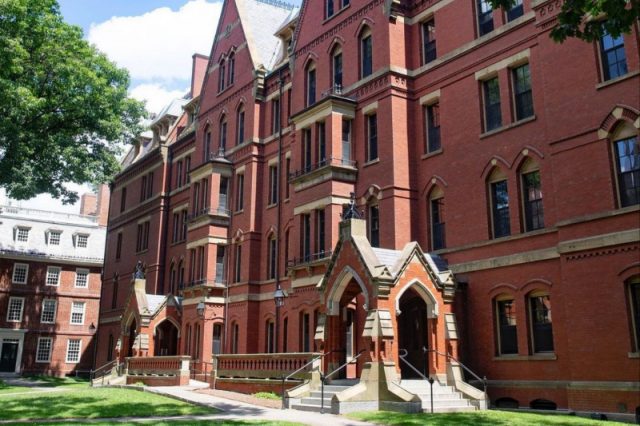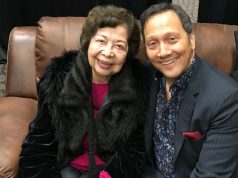
Do you have what it takes to teach Tagalog at the top-ranked prestigious university in the world?
Harvard University in the United States will teach Tagalog language, reportedly the stateside’s fourth most spoken language.
It will be offered starting the Academic Year (AY) 2023-2024, according to student paper The Harvard Crimson.
This will be the first time the Ivy League university will offer a Tagalog language course in its teaching history.
Currently, it only offers a Philippines course under the Faculty of Arts and Sciences which The Crimson described as “a survey course of the history of Southeast Asia.”
Meanwhile, the Tagalog language will be taught at a preceptor-level position “to professionalize the instruction” and “make it more consistent,” according to Jorge Espada, associate director for Southeast Asia Programs at the Harvard University Asia Center.
“Most Southeast Asian languages are taught as part of a tutorial format within the Department of South Asian Studies,” he told The Crimson, adding that his team had noticed a lack of Southeast Asian studies and language course offerings after conducting a survey.
The preceptor-level position will be a three-year term appointment and is renewable for up to five additional years.
He/she will work under the Faculty of Arts and Sciences’ Department of South Asian Studies from July 1, 2023, or Jan. 1, 2024, although the preferred start date is this year.
The preceptor will teach five Filipino (Tagalog) language courses per year and “should be prepared to offer language instruction at all levels and coordinate a Filipino (Tagalog) language sequence.”
The university requires the following basic qualifications for the instructor candidate:
- Native or near-native fluency in Filipino (Tagalog)
- Demonstrated strong commitment to teaching Filipino (Tagalog) at all levels
The following are the additional qualifications:
- Advanced graduate training in Filipino (Tagalog) language, literature, and culture, or
- Strong graduate record in another area connected to the study of the Philippines, or Southeast Asia
Those who are interested in applying for the post should submit the following on the university’s ARIeS portal:
- Cover letter, including a description of teaching/advising experience and philosophy, and comments on any efforts to encourage diversity, inclusion, and belonging
- Curriculum vitae
- Names and contact information of three referees (minimum)
Optional documents that can be submitted are as follows:
- Statement of Teaching Philosophy
- Statement of Research
- Publication
- Course Evaluation
- Sample Syllabus
- URL
- Video
- Paper 1
- Proposed Course Description
- Transcript
Candidates are encouraged to apply by April 14, 2023.
They can contact Espada at jorge_espada@harvard.edu for their application.
Elizabeth Liao, executive director of the Harvard University Asia Center, said that they are hoping the initiative will be a “game-changer in terms of the Asia Center’s long-term mission to build Southeast Asian studies at Harvard, well as the university’s engagement with the region.”
Eleanor Wikstrom, co-president of the Harvard Philippine Forum and a Crimson Editorial chair, also said that having Tagalog language as a course offering has been one of the goals for “as long as HPF has been in existence.”
HPF refers to the Harvard Philippine Forum, a community of Filipinos, Filipino-Americans, and other people that celebrate and share the vitality of Philippine culture and tradition with the Harvard community.
For HPF co-president Marcky Antonio, the Tagalog language course offering is “a big win for the Filipino community back home.”
He also hopes it would spur more academic exchanges between Harvard and the Philippines.
“While this is the first Tagalog language course that’s ever been offered in Harvard’s history, I think there’s also this sense that we need to make sure we teach this right — not only Tagalog language, but Filipino culture as a whole,” Antonio added.








